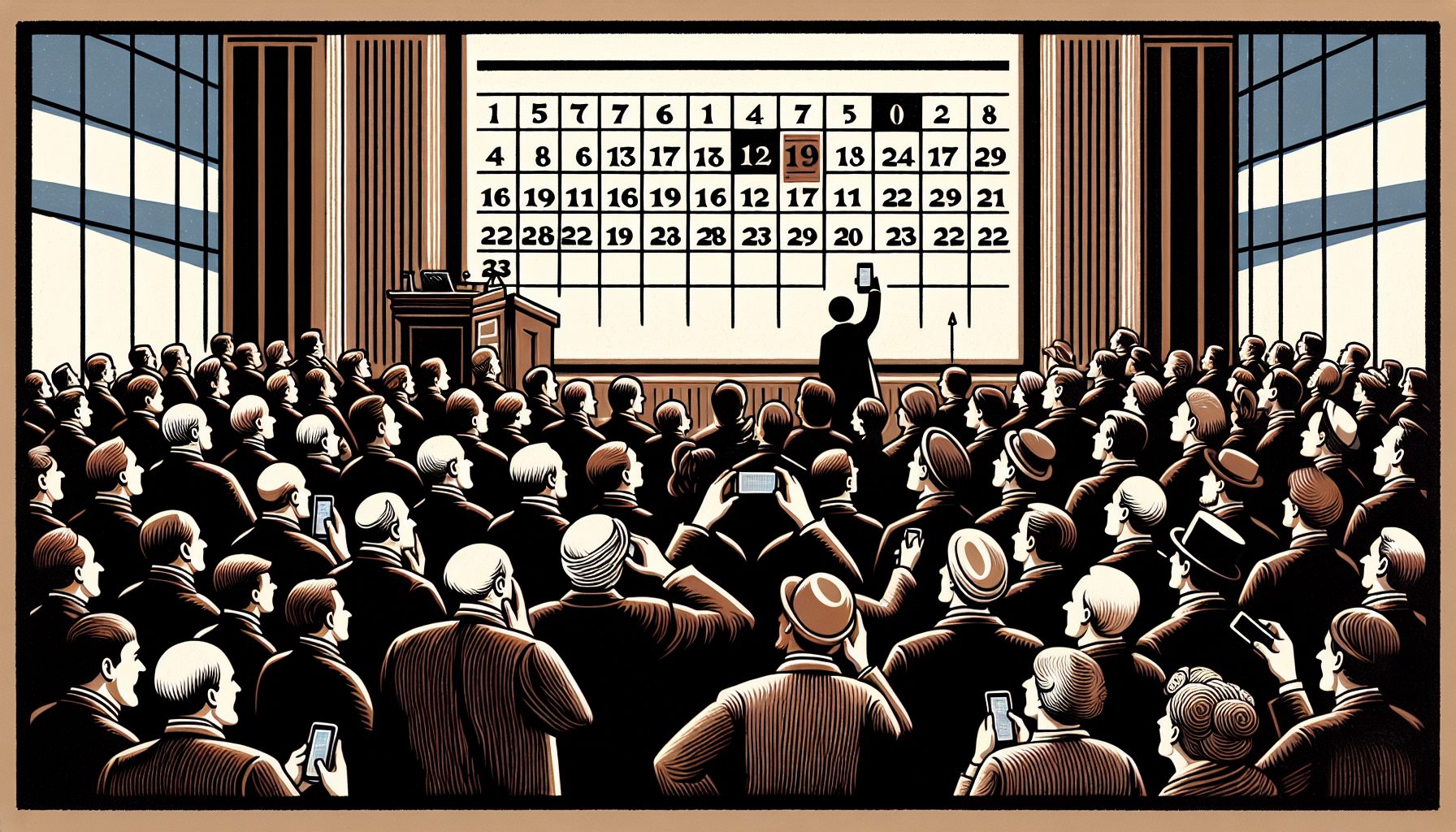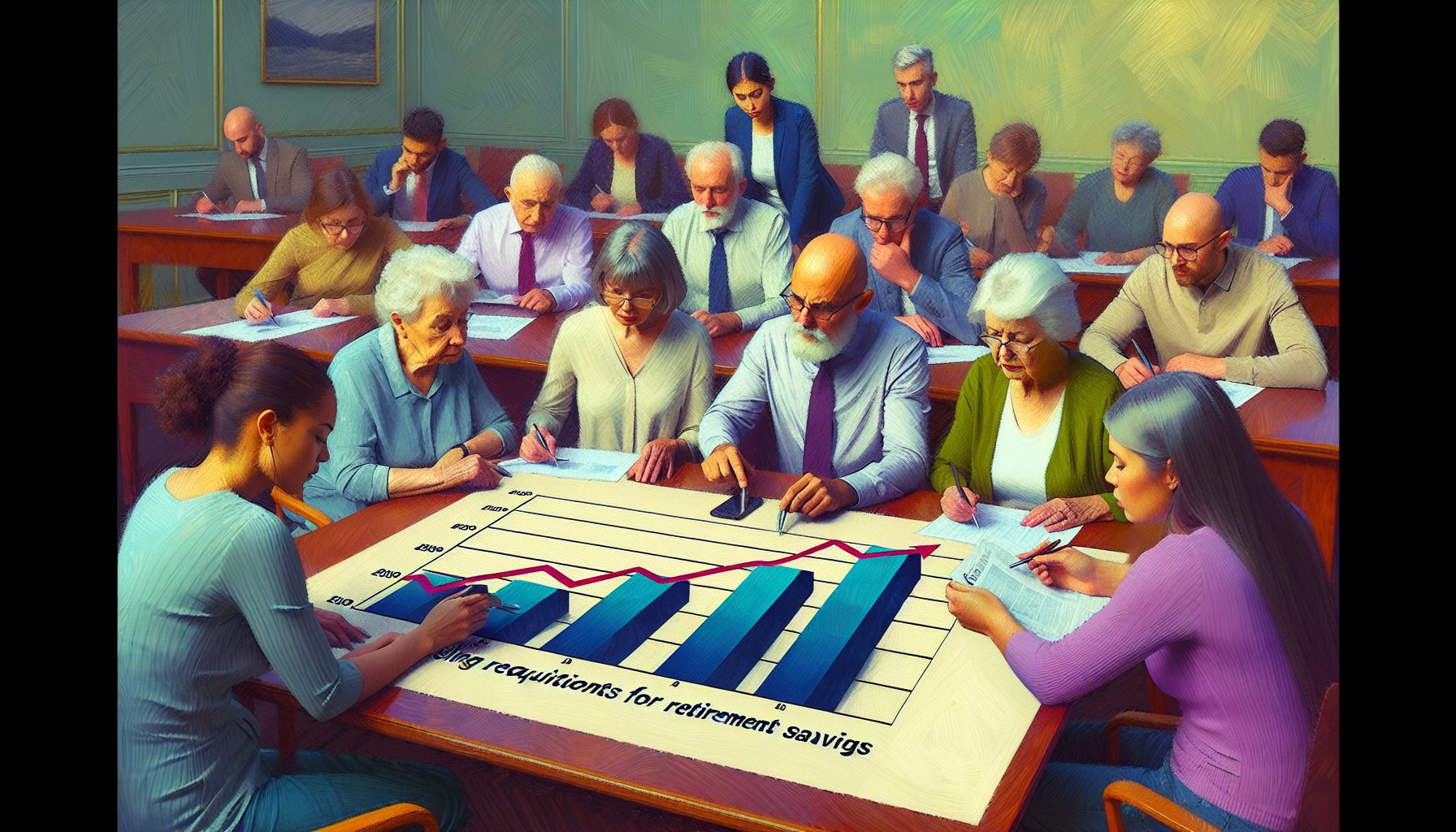NEW YORK (Reuters) – China and Norway kicked off the latest round of global interest rate cuts, with the United States expected to follow later on Wednesday as policy-makers tried to soften the world’s economic downturn.
Japan may cut on Friday and the European Central Bank and Britain are expected to add to the monetary easing next week as authorities remain fearful that the worst financial crisis in 80 years will cause a long global recession.
China increasingly appears to be the world’s last center of growth and has said it would not fall victim to the crisis, which has ravaged the world’s financial markets. China cut its interest rate to 6.66 percent from 6.93.
“I think this is also part of a coordinated move of global central banks to bail out the financial markets,” said Zhao Qingming, senior economist at China Construction Bank in Beijing.
“Though other central banks have not announced rate cuts yet, we can see that they are on the way,” he said.
The Federal Reserve is widely expected to cut U.S. rates by at least half a point to 1 percent, the lowest level since June 2004. The Fed announces its decision around 2:15 p.m.
Norway’s central bank cut rates by 50 basis points to 4.75 percent, ending more than three years of tightening while signaling more moderate cuts ahead to help shield the oil-fueled economy from the crisis.
The rate cuts lifted stock markets for much of the day. Japan’s Nikkei index ended up 7.7 percent and European shares climbed nearly 7 percent.
Volkswagen was Europe’s biggest faller, however, diving more than 40 percent after Porsche took steps to ease a squeeze on short-sellers that had more than quadrupled the stock in days and briefly made it the world’s most valuable company.
Wall Street followed Tuesday’s rally, its second-biggest rise ever, with more modest gains. The S&P 500 was up about 0.75 percent.
Analysts said investors should not expect sustained rallies given the sharp economic downturn.
“Enjoy the party while you can,” said David Buik, market commentator at Cantor Index in London.
The United States has entered a recession that will last longer and do more damage than any other since World War Two, the former head of the U.S. National Bureau of Economic Research, Martin Feldstein, was quoted as saying.








